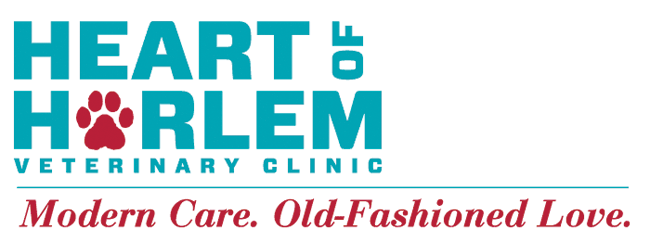Library
-
Good hygiene takes practice, but starting early will make keeping your pup clean easier for his entire life. You can start some of these jobs shortly after your puppy arrives home. Be sure to keep a calm voice and use food rewards as positive conditioning to make it a positive experience.
-
La castración consiste en extirpar el útero y los ovarios. Es una intervención permanente e irreversible. Aunque se trata de una cirugía mayor que requiere anestesia general, el riesgo es mínimo en animales sanos, sobre todo si son inmaduros.
-
Plaque and Tartar Prevention in Dogs
La placa es una sustancia gelatinosa que se forma en los dientes a las pocas horas de una comida. A las 24 horas, la placa empieza a mineralizarse y combinarse con las sales presentes en la salina. Si la placa continua acumulándose y mineralizándose, con el tiempo se convierte en sarro.
-
When families shelter together for extended periods, as occurred during the COVID-19 pandemic, pets enjoy nearly constant companionship. As people resume an active lifestyle, pets are suddenly faced with being alone. They may experience distress related to this loss of companionship. Treatment is discussed, such as independence training and an incremental program of safe departures. If your pet shows continued signs of distress related to being alone, it is important to seek professional help to prevent escalation.
-
The American Animal Hospital Association and American Veterinary Medical Association have established guidelines to standardize preventive health care for dogs, helping them to live longer, healthier lives. This handout provides an overview of the recommendations within these guidelines and why they are so important.
-
First Aid for Dogs - Shock, Rescue Breathing, and CPR
Las urgencias pueden tener presentaciones muy diversas: atropellos, mordiscos, quemaduras, golpes de calor, envenenamientos o pérdidas de conciencia por mencionar sólo algunas.
-
The pro-opiomelanocortin (POMC) gene, if mutated, can contribute to increased body fat and body weight and increased food motivation in affected dogs. At this time, this gene mutation has only been found in the Labrador Retriever and Flat-coated Retriever and affects the majority of those working as service dogs. This handout explains how the POMC gene mutation was discovered, how it impacts affected dogs, and how you can support your dog if affected.
-
Medical waste includes needles, syringes, body parts, bodily fluids, feces and medications among other things. This handout addresses some of the ways such waste can be safely disposed.
-
Many dogs love to get out to socialize and exercise with their canine friends and dog parks are their go-to spots for getting together. Proper etiquette, from both you and your pup, will allow everyone to enjoy the park safely and courteously. However, dog parks are not a good fit for all dogs.
-
A successful life with a family dog starts with great training for your puppy. Planning to set puppies up for success, learning how to use management, positive reinforcement, luring, capturing, and shaping will help owners train their puppies successfully. Positive puppy training and socialization classes are also beneficial for healthy puppies over eight weeks of age.



